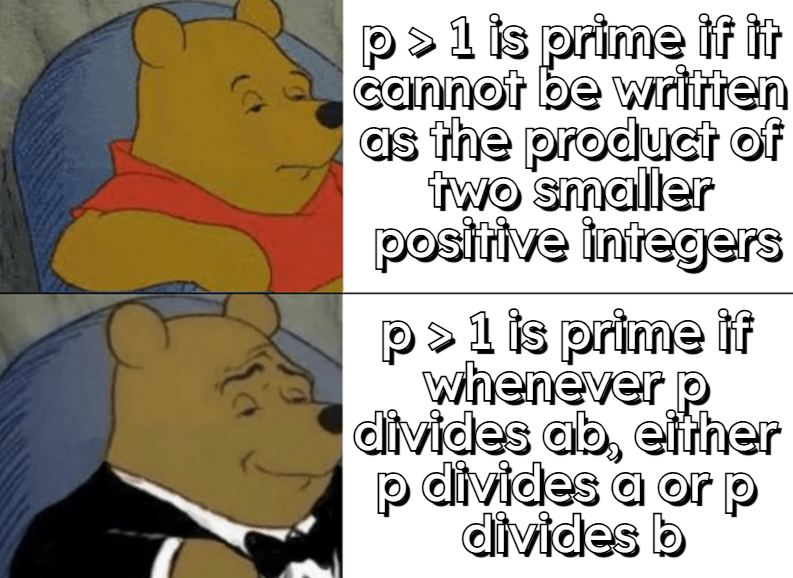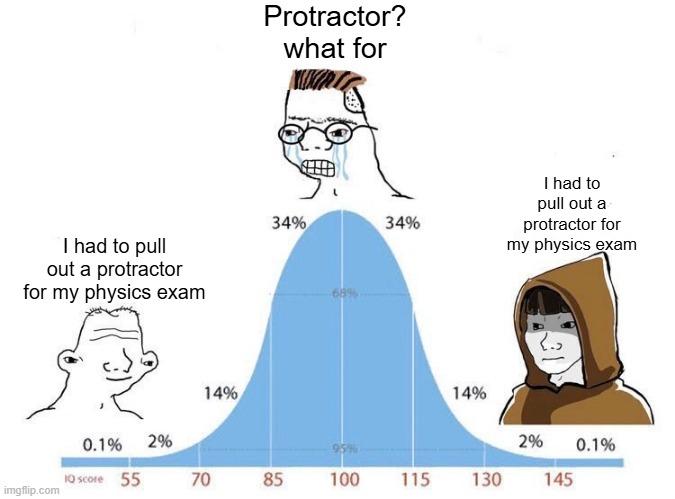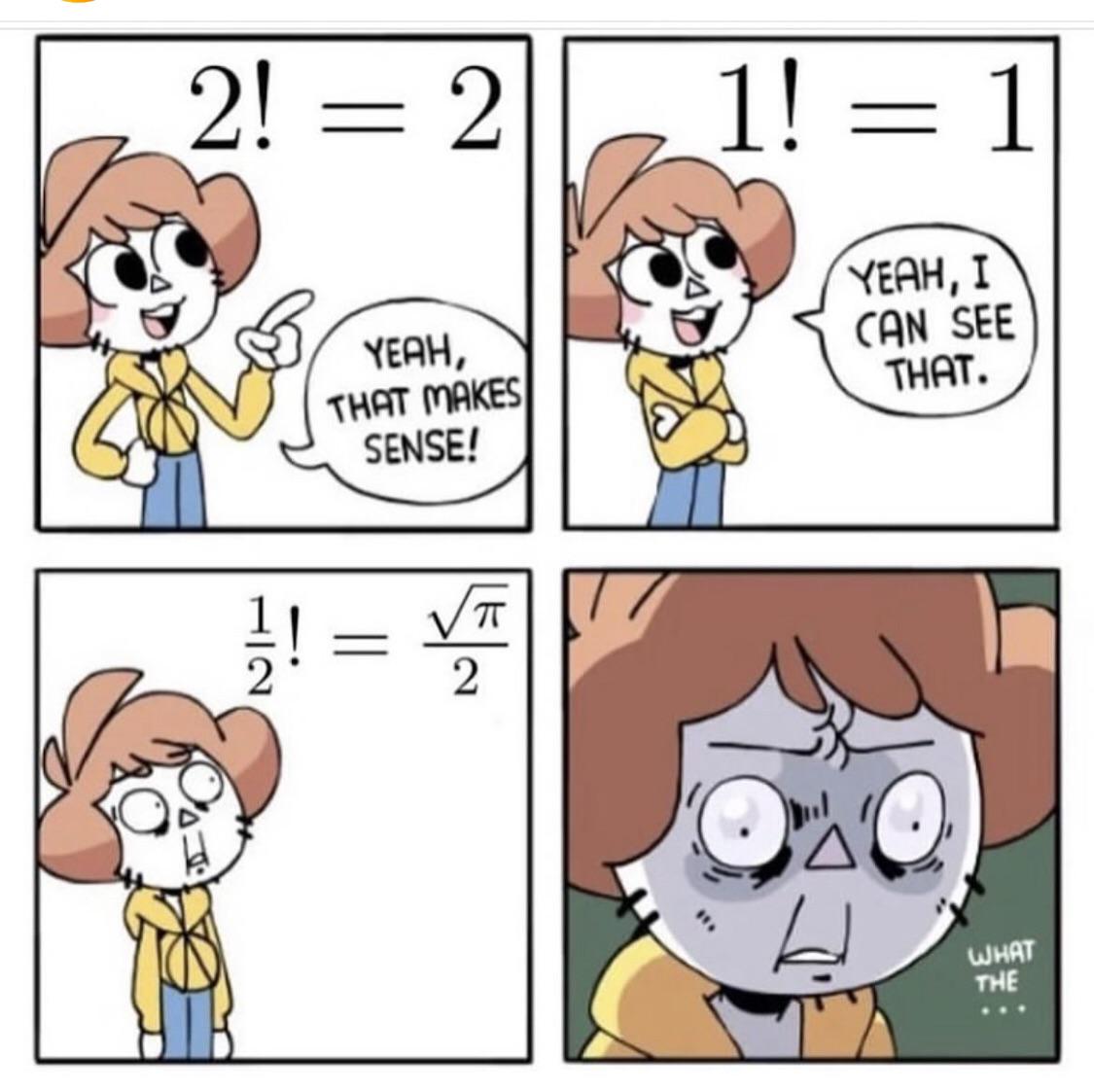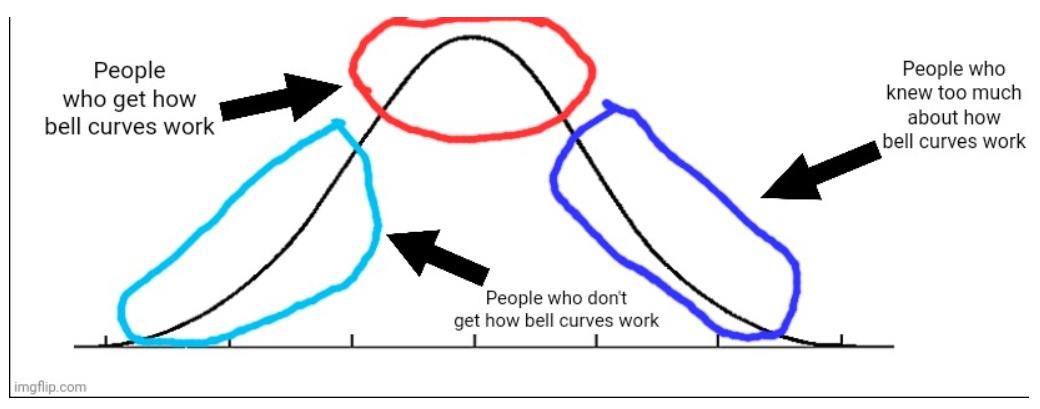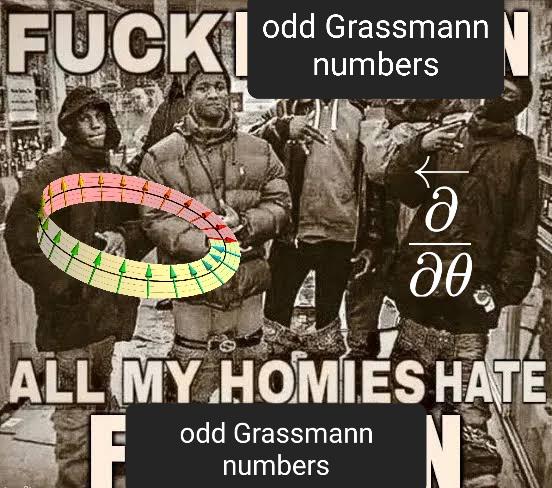Mathematicians really do be flexing on us with multiple definitions for the same concept. The top panel shows the standard textbook definition we all learned: "a prime number is greater than 1 and can't be written as a product of two smaller positive integers." Simple enough.
But then comes fancy tuxedo Pooh with the big brain definition: "p is prime if whenever p divides a product ab, either p divides a or p divides b." This is actually Euclid's Lemma dressed up in formal mathematical language, and it's what mathematicians use when they want to sound smarter at dinner parties.
Both definitions are equivalent, but one makes you sound like you shop at Walmart and the other like you have a Fields Medal hidden in your sock drawer. Next time someone asks you about prime numbers, hit 'em with the bottom definition and watch their eyes glaze over!

 Academia
Academia
 Ai
Ai
 Astronomy
Astronomy
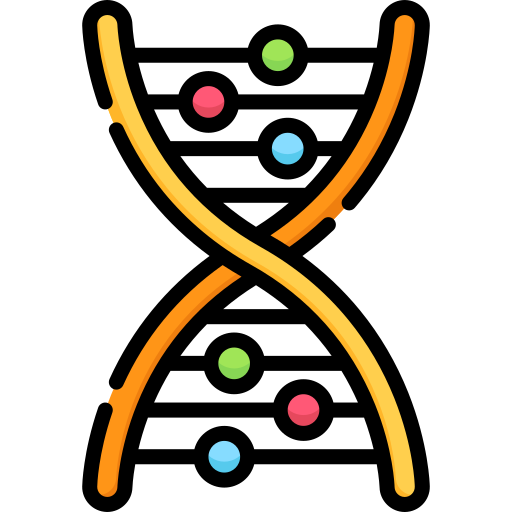 Biology
Biology
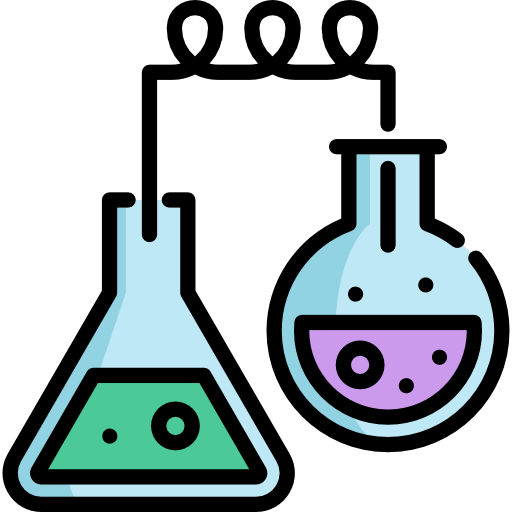 Chemistry
Chemistry
 Climate
Climate
 Conspiracy
Conspiracy
 Earth-science
Earth-science
 Engineering
Engineering
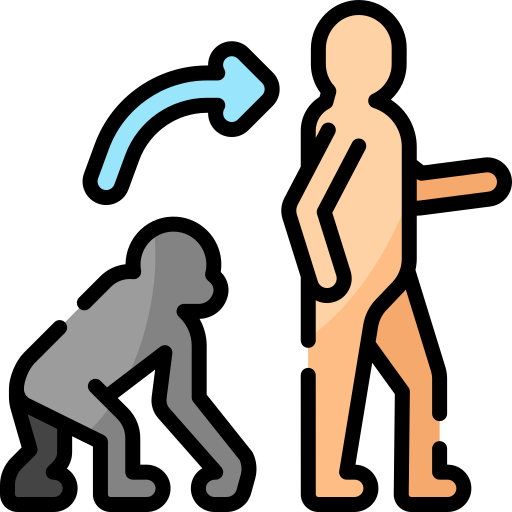 Evolution
Evolution
 Geology
Geology
